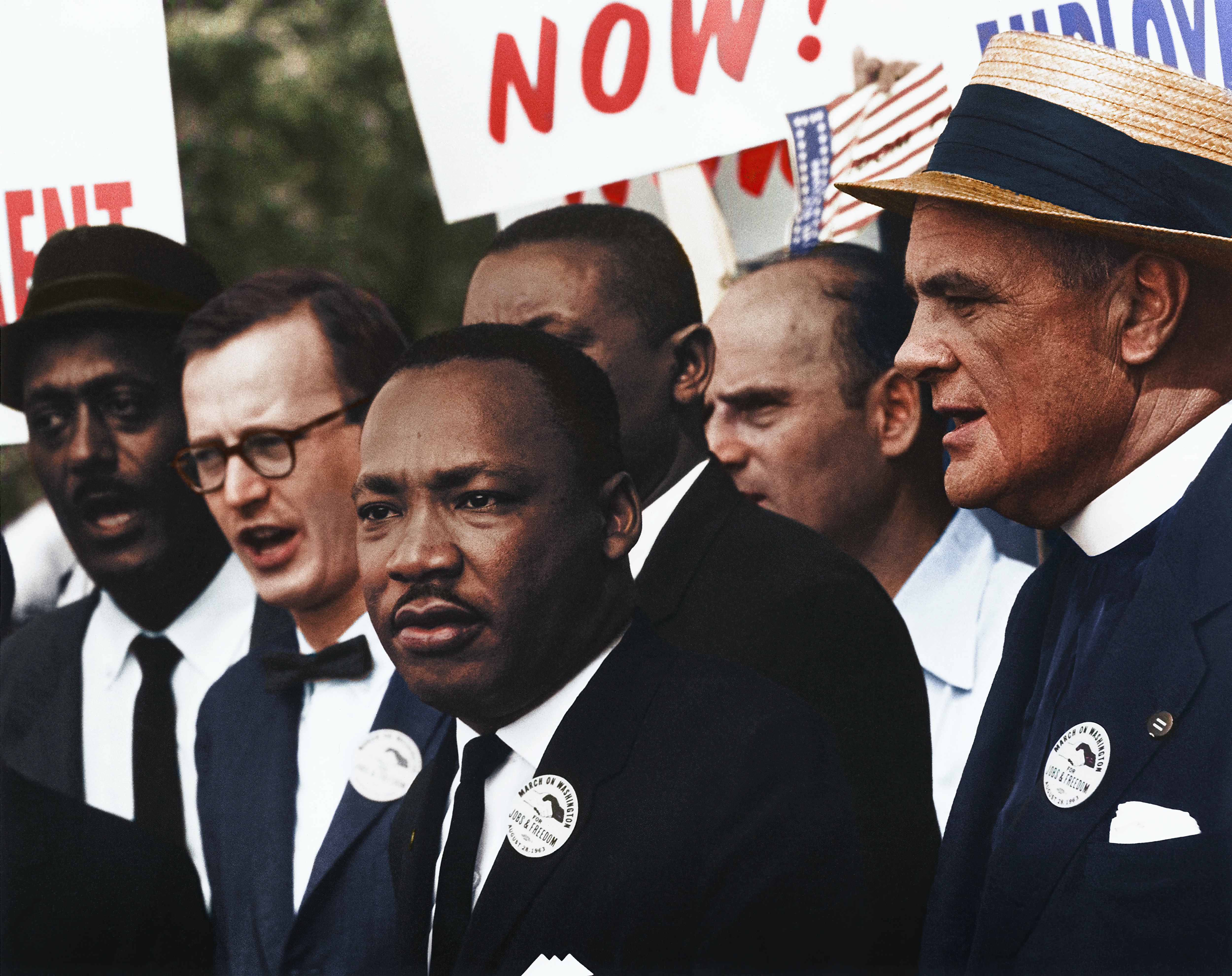Dr. Martin Luther King and the 'critical' promise of democracy
A note from Dr. Aaron J. Griffen, VP of Diversity, Equity, & Inclusion
Reverend Dr. Martin Luther King, Jr., over the course of the last decade or more, has become a performative caricature to sustain a status quo narrative that equality is a zero sum game in which each of us must work hard to achieve our goals regardless of each person’s starting point. The trope of equality that MLK referred to was not the equal hope and determination to achieve an “American Dream,” but the equal ability to pursue life, liberty and happiness.
Equal Ability vs. Equal Capability
Consider equal ability vs equal capability. To be capable means one has to do the individual learning, growth, and development to become “able” to achieve the betterment of our stations in life regardless of where we begin. Capability can be an individual’s drive, while ability can be hindered by circumstances outside our control. For example, one may be capable of entering a building while on crutches, in a wheelchair or on a walker. However, the ability to do so is hindered by the 25-step flight of stairs. Therefore, to be able to enter equally, one would need access to an elevator, an escalator, and/or ramp. Providing the resource necessary for equal access achieves equal ability. That is equity.
Weaponizing MLK: Equity v. Equality
There was a time when providing for the “least” of us and “doing unto others as we would have them do unto us” was what our American culture was guided to become. However, recent calls to ban equity in the name of MLK have surfaced an underlying truth our nation refuses to acknowledge: Equality is safe, while equity presents a complexity to what it means to earn one’s way.
Equality is providing everyone with the same access, opportunities, rights and protection under law regardless of where one begins. The assumption is that everyone has the equal ability to achieve, given the amount of work they put in. Equity is providing for people according to their needs so they can not only reach equality, but to sustain it and be successful. Equity names and acknowledges that everyone does not have the same starting point and depending upon societal factors, someone’s ability to navigate their access, opportunities and equal protections under law are often diminished. For example, conviction rates for violent crimes along racial lines, the ability to receive adequate healthcare along gender lines and the ability to walk peacefully down the street after a terrorist attack or a named pandemic regardless of racial, religious, economic, and cultural lines.
MLK and Critical Thinking
There are claims that MLK would be against equity in education because it forces people to look past the content of a person’s character and critique their differences and experiences.
“The function of education is to teach one to think intensively and think critically. Intelligence plus character - that is the goal of true education.” - MLK
This quote contradicts the notion that MLK would be against critical thinking. The function of education is to develop critical thinkers with the ability to analyze character and the content and intent of a person’s character. The function of education is to develop critical thinkers with the ability to be critical of knowledge and learning. To separate critical thinking from judging the content of a person’s character is an impossibility and a non-threatening version of MLK. The peaceful protest version of MLK was not a peaceful thinking MLK, and thus he would not be against the critique and criticality that is sweeping our nations.
Aaron J. Griffen, VP of Diversity Equity and Inclusion
